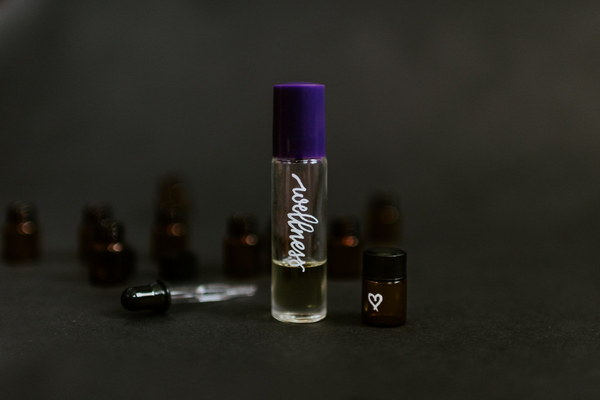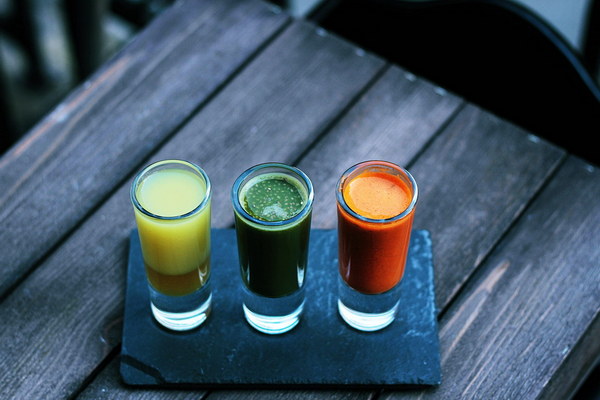Exploring the World of Beauty and Skincare A Comprehensive Guide to Categories
In today's fast-paced world, taking care of one's appearance has become more than just a trend; it's a necessity. With an array of products and treatments available, the beauty and skincare industry has expanded to include numerous categories to cater to the diverse needs of individuals. In this article, we will explore the various types of beauty and skincare categories to help you understand what each one entails and how it can benefit you.
1. Cleansing
The foundation of any skincare routine is cleansing. This category includes products designed to remove dirt, oil, and impurities from the skin. Cleansers can be categorized as follows:
a. Foaming Cleansers: These cleansers produce a rich lather that helps to deep clean pores and remove makeup.
b. Gel Cleansers: Ideal for normal to oily skin, gel cleansers are lightweight and effective in removing excess oil without stripping the skin's natural moisture.
c. Cream Cleansers: These cleansers are suitable for dry or sensitive skin and are known for their nourishing properties.
d. Micellar Waters: Micellar waters are gentle and effective in removing makeup and impurities without the need for water.
2. Toning
Toners are used to balance the pH level of the skin and remove any remaining traces of dirt and makeup after cleansing. They can be categorized as follows:
a. Alcohol-Free Toners: Suitable for sensitive skin, these toners are gentle and do not cause irritation.
b. Astringent Toners: These toners contain ingredients that help to tighten pores and control oil production, making them ideal for oily skin.
c. Clarifying Toners: These toners are formulated to remove impurities and excess oil, leaving the skin feeling refreshed and revitalized.
3. Moisturizing
Moisturizing is crucial for maintaining healthy, hydrated skin. Moisturizers can be categorized as follows:
a. Cream Moisturizers: These are thick and rich, providing intense hydration for dry or normal skin.
b. Gel Moisturizers: Ideal for oily or combination skin, gel moisturizers are lightweight and non-comedogenic.
c. Serum Moisturizers: Serums are highly concentrated formulas that deliver targeted hydration and nutrients to the skin.
4. Exfoliating
Exfoliation helps to remove dead skin cells, improve skin texture, and promote cell turnover. There are two main types of exfoliating products:
a. Physical Exfoliants: These products contain particles, such as beads or microdermabrasion crystals, that physically scrub the skin to remove dead skin cells.
b. Chemical Exfoliants: These products contain acids, such as alpha-hydroxy acids (AHAs) or beta-hydroxy acids (BHAs), that dissolve dead skin cells to reveal healthier skin.
5. Sun Protection
Sun protection is essential to prevent premature aging, hyperpigmentation, and skin cancer. This category includes:
a. Sunscreens: These products protect the skin from harmful UVA and UVB rays.
b. Sun-Protective Makeup: Foundations and powders with SPF offer sun protection while providing coverage.
c. Sunscreen Lotion: These lotions are ideal for everyday use and offer a broad-spectrum protection.
6. Anti-Aging

As we age, our skin changes, and anti-aging products become essential. This category includes:
a. Retinoids: These are vitamin A derivatives that help to reduce the appearance of fine lines and wrinkles.
b. Peptides: Peptides are amino acid chains that stimulate collagen production and improve skin elasticity.
c. Antioxidants: These ingredients, such as vitamin C and E, help to protect the skin from environmental damage and reduce the appearance of fine lines and wrinkles.
7. Hair Care
Hair care is an essential part of beauty routines, and it can be categorized as follows:
a. Shampoos: These products are designed to clean the hair and scalp, removing dirt and product buildup.
b. Conditioners: Conditioners help to detangle, nourish, and moisturize the hair.
c. Treatments: Hair treatments, such as masks and oils, provide deep conditioning and repair damaged hair.
In conclusion, the beauty and skincare industry offers a wide range of products and treatments to cater to the diverse needs of individuals. Understanding the different categories can help you make informed decisions and create a personalized skincare routine that will leave your skin looking and feeling its best.









